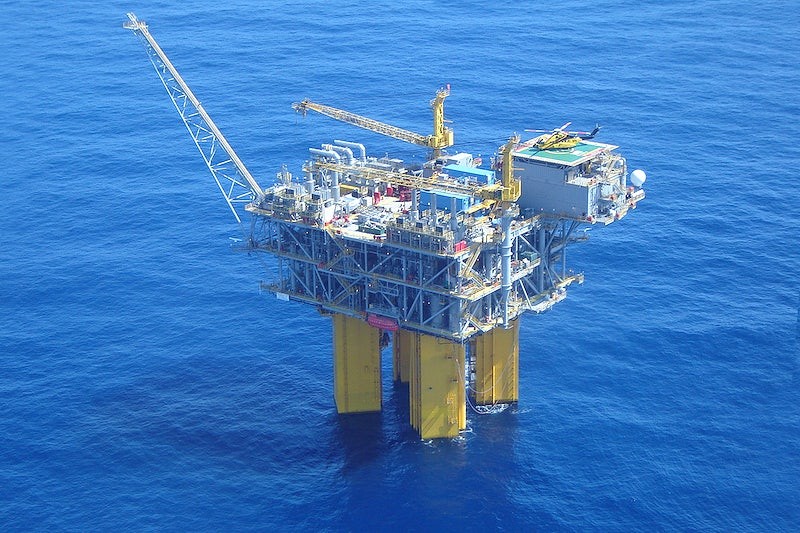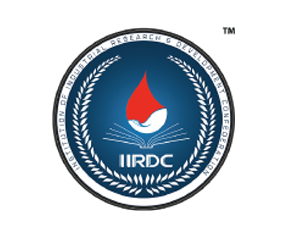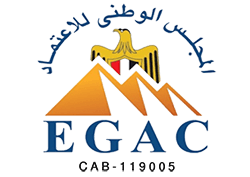Successful completion of this course opens doors to various career opportunities worldwide in rigs, refineries, pipeline operations.
- Exploration Jobs: Jobs in exploration involve searching for new oil and gas deposits. This can be done through seismic surveys, drilling, and other methods.
- Drilling rig jobs: These positions are responsible for operating the drilling rig, which is used to drill holes in the ground to extract oil and gas.
- Refinery jobs: Refinery workers operate the machinery that refines crude oil into usable products like gasoline and diesel fuel.
- Pipeline jobs: Workers install, maintain, and repair pipelines transporting oil and gas from wells to refineries and storage facilities.
- Storage and shipping jobs: These positions are responsible for storing oil and gas products and shipping them to customers.
- Geologist : A geologist is a scientist who studies the Earth’s rocks and minerals. They use their knowledge to find new sources of oil and gas.
- Geophysicist : A geophysicist uses physics to study the Earth’s magnetic, electrical, and gravitational fields. They use their findings to help find new oil and gas deposits.
- Driller : A driller operates the equipment that drills holes in the ground to reach oil and gas deposits.
- Engineer : Engineers design and oversee the construction of oil and gas production facilities.
- Refiner : A refiner processes crude oil into usable products like gasoline and diesel fuel.
- Pipeline operator : A pipeline operator controls the flow of oil and gas through pipelines.














